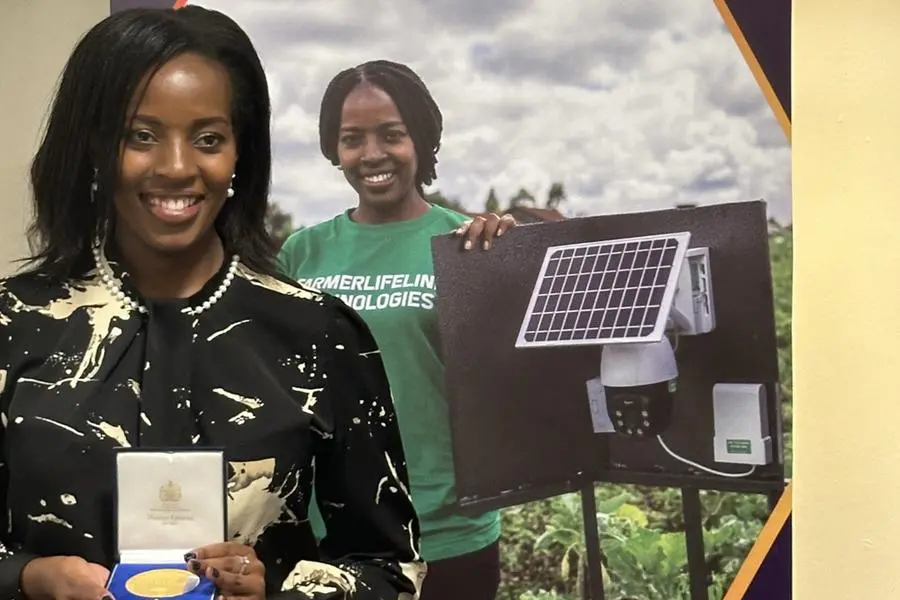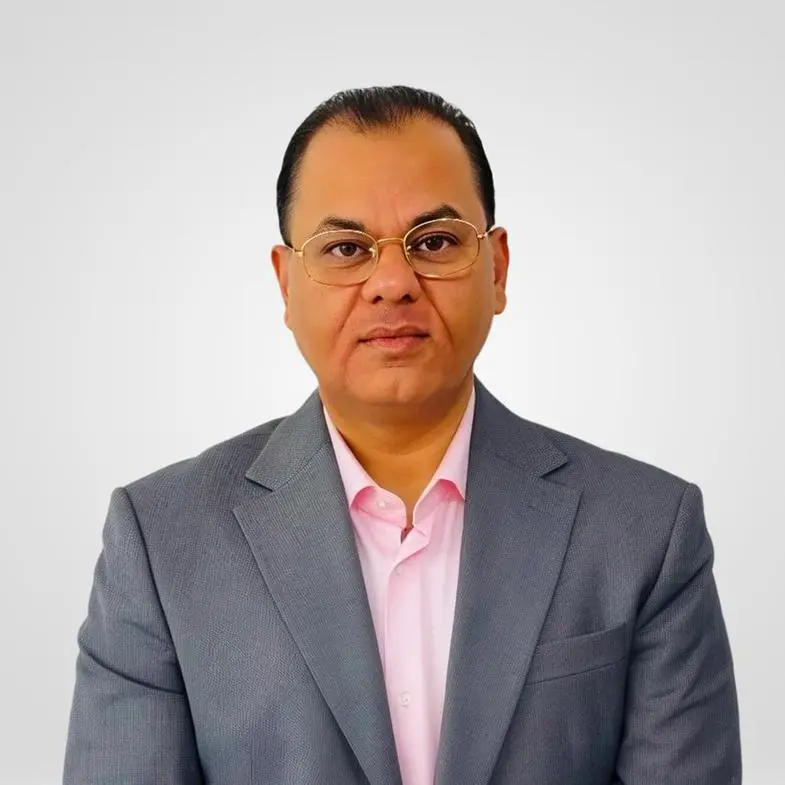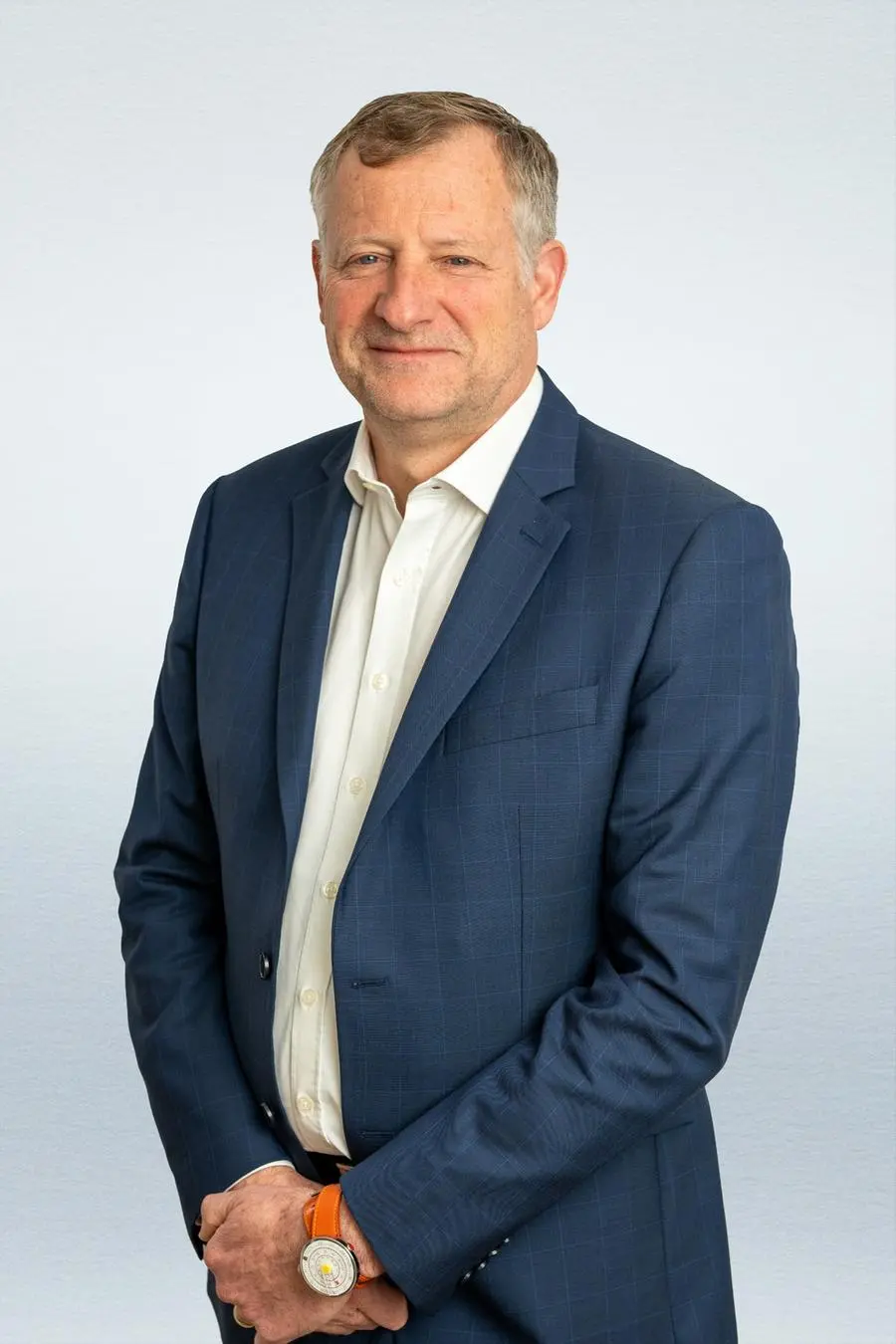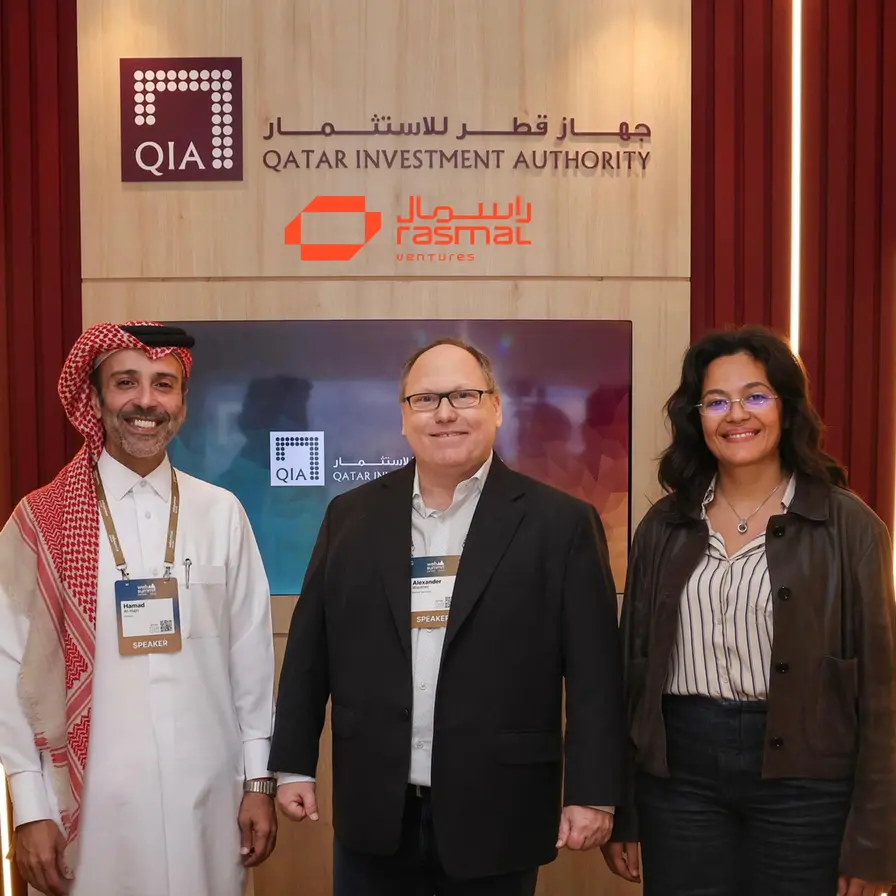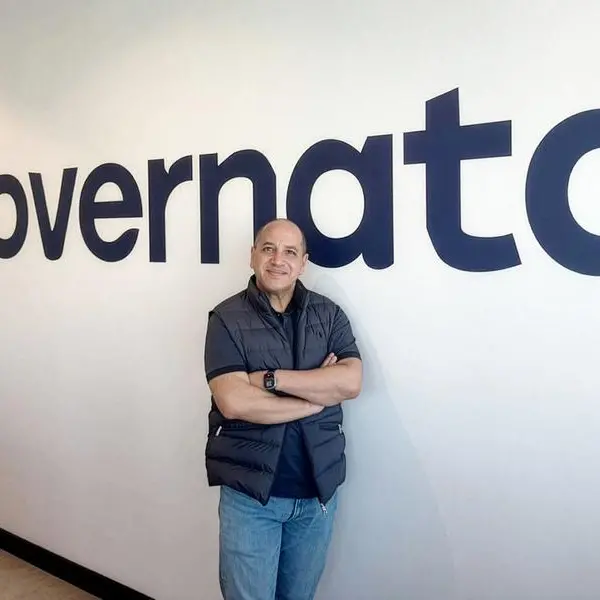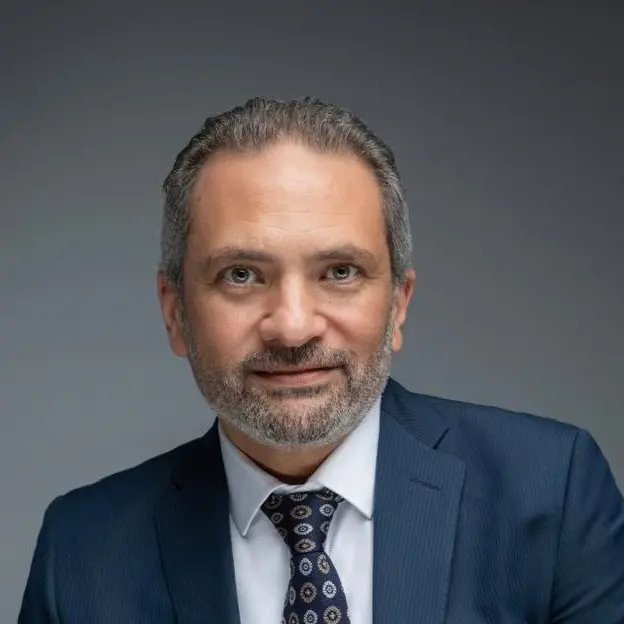PHOTO
- Esther Kimani is the third woman and the second Kenyan innovator to win the Africa Prize, receiving £50,000
- Her tool reduces crop losses for smallholder farmers by up to 30% while increasing yields by as much as 40%
- The Africa Prize has supported almost 150 entrepreneurs across 23 African countries, generating over 28,000 jobs and benefitting more than 10 million people through the innovative products and services developed
Esther Kimani was named winner of Africa’s biggest engineering prize, the Royal Academy of Engineering’s Africa Prize for Engineering Innovation, in Nairobi on 13 June 2024. Her early crop pest and disease detection device was selected as the winning innovation for its ability to swiftly detect and identify agricultural pests and diseases, reducing crop losses for smallholder farmers by up to 30% while increasing yields by as much as 40%.
Five million smallholder farmers in Kenya lose on average 33% of their crops to pests and diseases. Kimani's innovation not only provides real-time alerts within five seconds of an infestation, offering tailored intervention suggestions, but also alerts government agricultural officers to the presence of diseases or pests, contributing to broader agricultural management efforts.
The solar-powered tool uses computer vision algorithms and advanced machine learning to detect and identify crop pests, pathogens or diseases, as well as the nature of the infection or infestation. The device then notifies the farmer via SMS. This affordable alternative to traditional detection methods leases for just $3 per month, significantly cheaper than hiring drones or agricultural inspectors.
The annual Africa Prize was founded by the Royal Academy of Engineering in 2014 to support innovators developing sustainable and scalable engineering solutions to local challenges in Africa. This year has seen the Africa Prize alumni community grow to almost 150 entrepreneurs from 23 countries , who together have generated more than 28,000 jobs and benefitted more than 10 million people through their innovative products and services.
To celebrate the 10th anniversary of the Prize, the Royal Academy of Engineering hosted the Africa Prize Alumni Reunion, bringing together 100 innovators from the past decade for a three-day programme ahead of the final ceremony. This momentous occasion showcased the strength of the community united by the Prize.
Esther said: “My parents would lose up to 40% of their crops each farming season, which affected our standard of living. We are empowering smallholder farmers, many of whom are women, to increase their income. We aim to scale to one million farmers in the next five years.”
Malcolm Brinded said: “These awards form part of the Royal Academy of Engineering’s investment of over £1 million to African innovators through grants, prizes and accelerator programmes during the tenth anniversary year of the Africa Prize.”
Esther received KSh 8.3 million to further develop the device. This is the largest amount awarded to a winner, in honour of the 10th Anniversary of the Prize. The four finalists delivered their final business pitch to the Academy judges and an in-person audience of approximately 700.
The three runners up that were each awarded KSh 2.5 million to develop their innovations, were:
Eco Tiles, Kevin Maina, Kenya:
- An environmentally friendly roofing material made from recycled plastic. Stronger and lighter than clay or concrete tiles, the innovation is a dual solution to plastic pollution and high building costs.
- The innovative manufacturing process involves a custom-made extrusion machine that blends different plastics at varying temperatures, eliminating the need for energy-intensive processes like kiln-burning and reducing carbon emissions. The tiles are enhanced with UV stabilisation chemicals and construction sand to improve durability and sturdiness.
La Ruche Health, Rory Assandey, Côte d'Ivoire:
- La Ruche Health connects communities to vital health information, advice, and services through “Kiko”, an AI chatbot tool available on WhatsApp and mobile apps, and a digital backend solution to streamline documentation, billing, and data sharing for practitioners.
- By May 2024, the AI has facilitated over 150,000 user interactions and 189 in-home and teleconsultation appointments, processing over $18,000 in medical billings, illustrating its effectiveness and scalability.
Yo-Waste, Martin Tumusiime, Uganda:
- Addressing Uganda's mounting waste crisis, Yo-Waste is a location-based mobile application that connects homes and businesses to independent agents for efficient on-demand rubbish collection and disposal.
- Yo-Waste currently serves over 1,500 customers including homes, businesses, and waste collection agents, with a goal to reach 20,000 users by 2026.
A separate ‘One to Watch’ award was also awarded to Dr Abubakari Zarouk Imoro for his innovation, Myco-Substitutes, on the night for their innovation’s impact on local communities. Voted for by live and online audiences, Dr Imoro receives £5,000, conferred in 2024 in honour of Martin Bruce, a late Ghanaian alumnus of the Africa Prize.
The 2025 Africa Prize for Engineering Innovation, launched at the 2024 final, is now open for entries. [AR15] The Academy is looking for scalable engineering solutions designed to solve local challenges, and individuals and small teams living and working in sub-Saharan Africa are invited to enter. The deadline for entries is 15 October. Visit the ‘How to Apply’ guide on the Africa Prize website.
The Africa Prize presents a unique opportunity to support the brightest minds in tackling the greatest global challenges while improving economic prosperity and sustainable development for Africa through engineering. To learn more about becoming an Africa Prize partner, contact the Academy at development.team@raeng.org.uk.
- The remaining innovations shortlisted for the 2024 Africa Prize were:
- Beba-Beggie, Charles Oduk, Kenya – An IoT automated locker technology offering affordable, accessible, secure and convenient short-term storage.
- Biomass Briquettes, Ludo Ntshiwa, Botswana – An environmentally-friendly clean fuel that harnesses the green energy of biowaste to produce a renewable energy source for heat production as a substitute for charcoal.
- Kiri EV, Christopher Maara, Kenya – An end-to-end affordable and clean energy mobility provider, from electric motorcycles, scooters and tuktuks to battery charging infrastructure across Kenya.
- MAVUNOLAB Solar Dryer, Dr Evodius Rutta, Tanzania – A low-cost solar-powered dryer developed to help small-scale fish processors and farmers in off-grid locations by enhancing food safety and hygiene for perishable food products.
- Microfuse Stick Computer, Ivan Karugaba, Uganda – A compact and affordable device that plugs in to any screen, projector or monitor to transform it into a Wi-Fi-connected computer, increasing computer access and digital inclusivity.
- Myco-Substitutes, Abubakari Zarouk Imoro, Ghana – An eco-friendly sewage treatment that uses viruses, bacteria, and fungi to treat and feed on faecal waste and produce yarn and leather substitutes.
- PenKeep, Adaeze Akpagbula, Nigeria – A climate-smart remote sensing device that monitors and controls environmental conditions in poultry farms, ensuring optimal health and productivity of chickens.
- Second-Life Batteries, Léandre Berwa, Rwanda – A solution that repurposes retired electric vehicle (EV) batteries to be assembled as a back-up power supply for telecom towers and mini electricity grids.
- The Kitchen Box, Tunde Adeyemi, Nigeria – An affordable biogas digester technology which turns any type of organic waste into animal feed and organic fertiliser and generates clean energy for heating and cooking.
An interactive showcase of the shortlist can be viewed online here as well as a full set of photographs here.
- The Africa Prize Live Final was celebrated in Nairobi on 13 June 2024. Before the Live Final, 80 alumni who participated in the programme over the past decade reunited and joined the 2024 shortlisted innovators to also attend an Investor Community Event, hosted to support the continued success and impact of alumni innovations.
- The Africa Prize for Engineering Innovation, founded by the Royal Academy of Engineering in 2014, is Africa’s biggest prize dedicated to developing African innovators and helping them to maximise their impact. It gives commercialisation support to ambitious African innovators developing scalable engineering solutions to address local challenges, demonstrating the importance of engineering as an enabler of improved quality of life and economic development.
The Africa Prize shortlist takes part eight-month training and mentoring programme, during which experts provided tailored, one-on-one support designed to accelerate and strengthen the businesses of each member of the shortlist. Training covered business plans, scaling, recruitment, IP protection, sector-specific engineering mentoring, communication, financing, and commercialisation. Support from the Royal Academy of Engineering connects the alumni to global networks who can accelerate their business and technology development, including fellow entrepreneurs, mentors, potential investors and suppliers. The prize offers lifelong support through its alumni network.
The Africa Prize has been generously supported by the UK Government, including the UK’s Global Challenges Research Fund and the Department for Science, Innovation and Technology’s Official Development Assistance funding, as well as charitable trusts and foundations, individual donors and corporate partners over the last ten years.
More information can be found here: www.raeng.org.uk/africaprize
This year, the judging panel comprised:
- Malcolm Brinded CBE FREng (Chair of judges), Past President of the Energy Institute, former Chair of EngineeringUK
- Dr Ibilola Amao, Founder and Principal Consultant, Lonadek Global Services
- Dr John Lazar CBE FREng, Co-founder and General Partner, Enza Capital, and Chair, Raspberry Pi Foundation
- Sewu-Steve Tawia, Co-founder and Managing Partner, Jaza Rift Ventures
- Guest Judge: Sheena Raikundalia, Chief Growth Officer, Kuza One (Kuza Biashara)
The Royal Academy of Engineering is harnessing the power of engineering to build a sustainable society and an inclusive economy that works for everyone.
In collaboration with our Fellows and partners, we’re growing talent and developing skills for the future, driving innovation and building global partnerships, and influencing policy and engaging the public. Together we’re working to tackle the greatest challenges of our age.
-Ends-
For media queries and interview requests, please contact:
Africa
Ben Harris, Proof Africa on behalf of the Royal Academy of Engineering
ben@proofafrica.co.za
UK and International
Sofia Goulart, April Six on behalf of the Royal Academy of Engineering
Sofia.PietrangeloGoulart@aprilsix.com
For queries about the Africa Prize or the Royal Academy of Engineering, please contact:
Alice Radley, Programme Manager, Africa Prize for Engineering Innovation, Royal Academy of Engineering
Alice.Radley@raeng.org.uk
